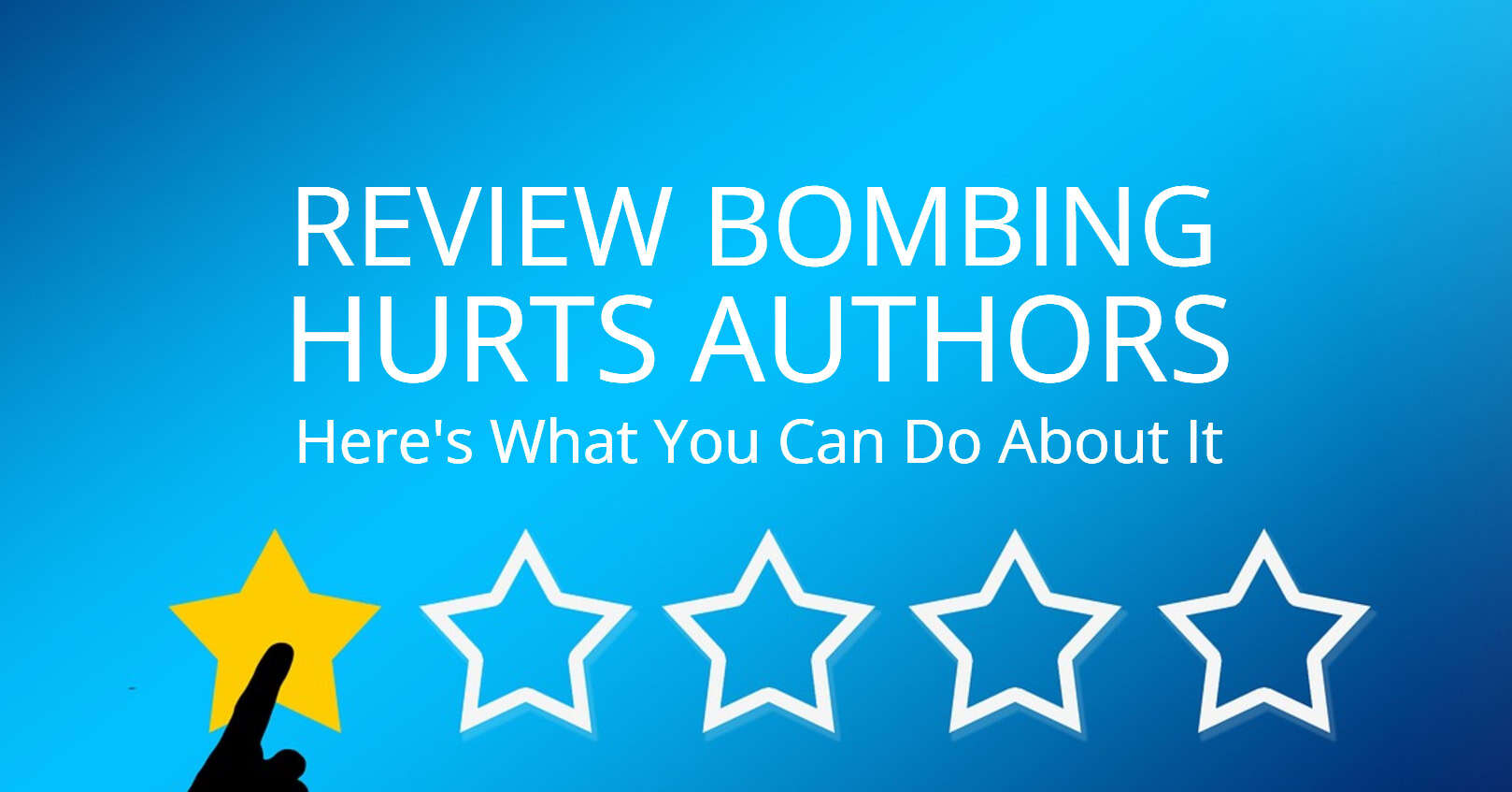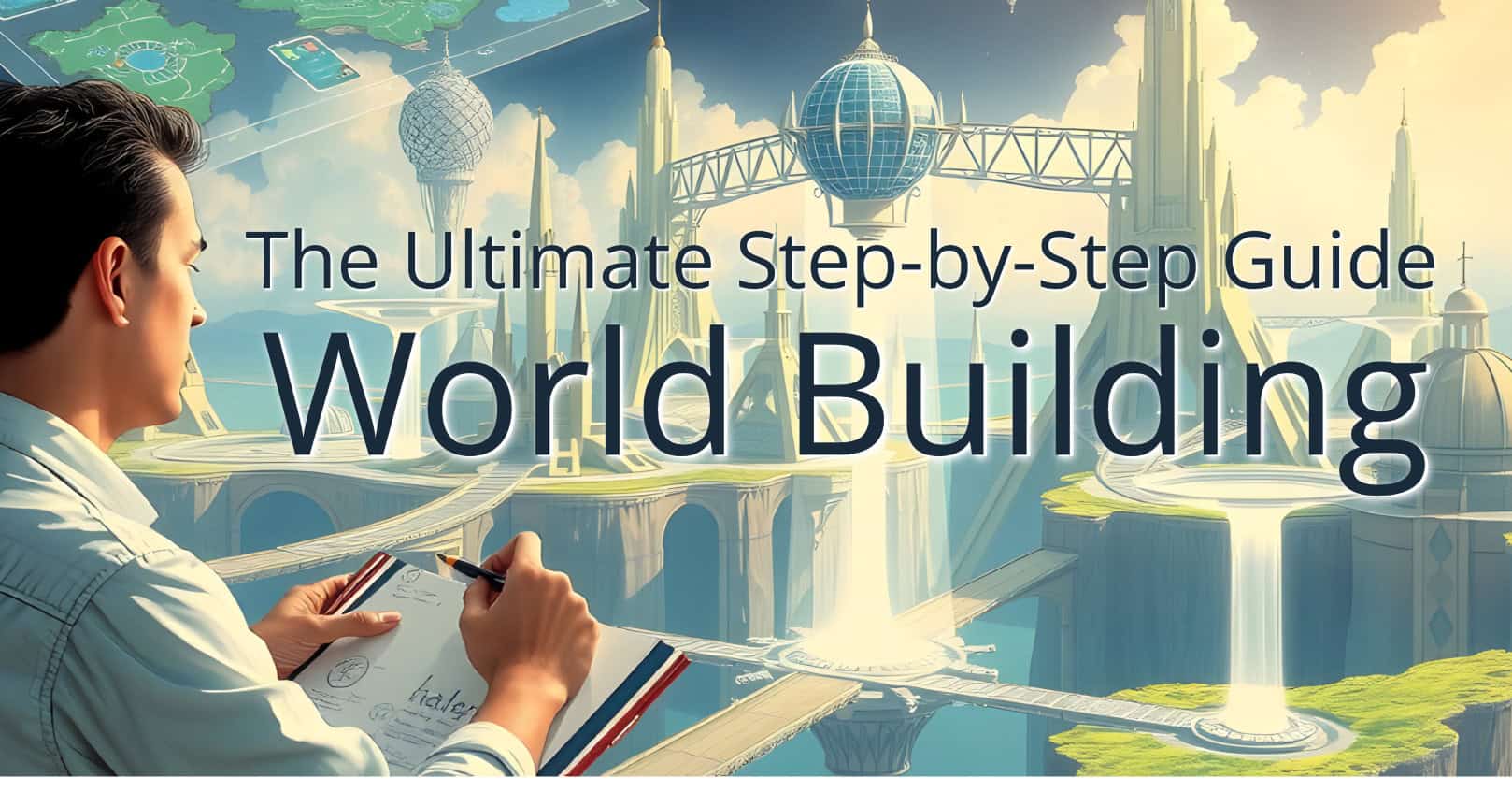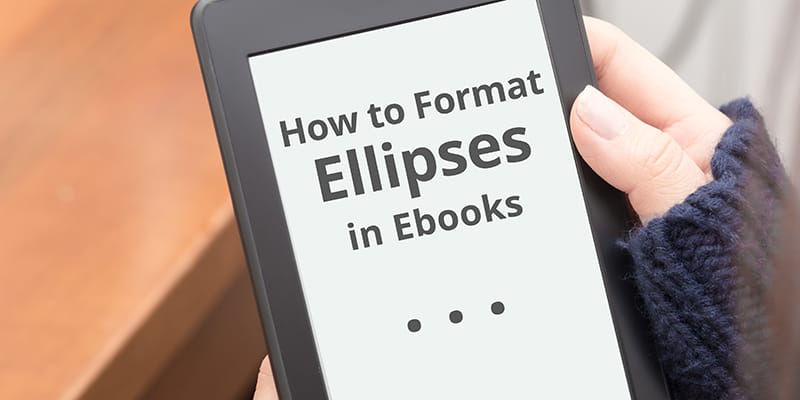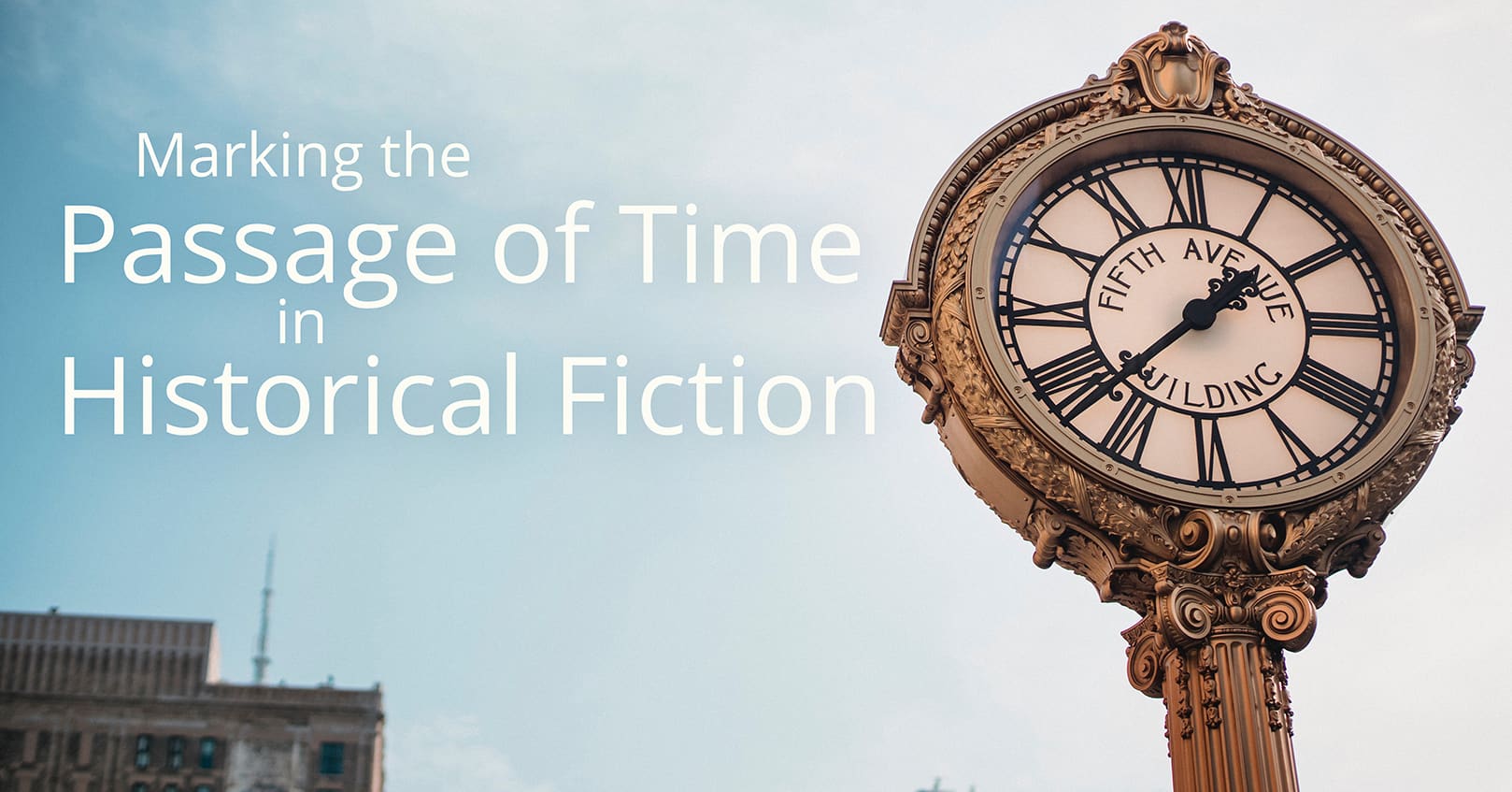
The ability to have an internet presence is a blessing for authors. Through social media, personal websites, and book platforms, authors can market themselves and reach readers in a variety of ways that weren’t possible before. But there is a dark side.
Cancel culture, internet warriors, and review bombing are things that can end careers, and they seem to be abundant in today’s digital world.
While I’ll not get into the ethics of whether or not there are circumstances that warrant these sorts of reactions, there’s no question that some people who have been on the receiving end were mistakenly accused or that smaller issues have turned into much bigger issues. Even if the reasons driving the outrage end up being untrue, the damage is hard to reverse. New authors and independent authors are especially susceptible to review bombing tactics.
What Is Review Bombing?
Technically speaking, review bombing is “an Internet phenomenon in which a large number of people or a few people with multiple account post negative user reviews online in an attempt to harm the sales or popularity of a product, a service, or a business.”
Basically, when it comes to books, review bombing is when many people take to whatever platform they can to flood an author’s books with bad reviews. This can quickly tank ratings and completely ruin the sales and reputations of those affected. It can also lower a book’s visibility, drown out legitimate feedback, and destroy an author’s confidence.
This may be done completely maliciously. For example, someone might create multiple puppet accounts in an attempt to tank a competitor’s book sales by giving them tons of negative reviews. Or this can be done as part of a social outcry movement. For example, an author does something or writes something that some people find appalling and damaging to others, and those offended post about it, sounding the cry for others to leave negative reviews. Those who leave these reviews often haven’t read the book or know the context of the author’s action or “objectionable” content, which may or may not have been exaggerated.
The reasons review bombing might happen include people not agreeing with your political stance, an act you did like breaking the law, or even the attackers not wanting you to succeed. Some book categories seem to have higher rates of review bombings, including books about politics, religion, LGBTQ+ interests, interracial romances, and books written by marginalized authors. Review bombing has even been used as a form of extortion.
What Review Bombing Is Not
Review bombing is not getting several negative reviews over months or years based on the quality of writing, plot, or content of your book. Not every negative you receive can be blamed on review bombers or trolls.
True reviewers will have purchased your book or read it through another source like a friend or library. They will leave reviews with particulars about your book. They may be thought out and critical or brief and harsh. Negative reviews are a natural part of the publishing process and having a few negative reviews is nothing to sweat about.
Generally, for it to be a review bombing, it must be a sudden influx of negative reviews with complaints that are not relevant to the actual novel.
Why Genuine Negative Reviews Are Good
While it can be frustrating to receive negative reviews and tempting to blame any negative review on trolls, negative reviews are a part of the process.
Getting negative reviews is a natural part of being an author and you shouldn’t be worried about receiving some. I personally, prefer to look at negative reviews when vetting books because it’s a quick way for me to see if the reasons others don’t like the book are reasons I might also dislike a book or if they’re things that don’t bother me or that I actually prefer.
For example, some people will negatively review a book for having spicy content that they didn’t want, but I enjoy a little spice with my books, so those negative reviews would have no sway over me. But they might help other readers who don’t enjoy spice to stay away from your books so that you don’t receive more negative reviews for the same reason.
In fact, when a book I’m considering has absolutely no negative reviews, I wonder why. No book will be appreciated by 100% of readers. Look at some of the most popular and best-selling books. Every single one of them has negative reviews. So, if a book has never received a negative review, I then question the validity of the positive reviews.
Real Author Review Bombing Cases
1. Cecilia Rabess
Author Cecilia Rabess wrote an interracial romance novel and immediately started receiving negative attention for it six months before it was even published. Someone who had received an ARC copy of her novel created a X post that went viral and suddenly tons of readers were flocking to Goodreads to leave a one-star review because they simply objected to the premise of the novel. These weaponized reviews were set to derail her book’s success before it even had a chance to be published.
Her novel only sold 1,000 hardcover copies during its first ten days even though it was featured on some “most anticipated” lists and as a Good Moring America “buzz pick.” It’s believed that the review bombing decreased the sales that all of this positive press should have brought her. To this day, the novel has still not recovered fully.
2. Elizabeth Gilbert
Elizabeth Gilbert, author of the popular book Eat, Pray, Love, was review-bombed after announcing her book, The Snow Forest. The reason? The book she announced was set in Russia, and with the Russia-Ukraine war going on, people felt this was an unacceptable setting that would “romanticize” Russia.
Although Gilbert had originally written the novel during COVID before the war had begun, the announcement of the novel happened after the war began and the official publication date was set to be on the anniversary of the start of the war. Thus, readers took to platforms like Goodreads to announce their displeasure and attack both the book and the author.
Gilbert decided to pull her novel indefinitely due to the online backlash and respect for the victims of the ongoing war in Ukraine. Even still, there was no winning, and others became upset because they felt that she was setting a bad precedent for other authors by giving in to the review bombers.
3. Cait Corrain
Recently, author Cait Corrain took to Goodreads with an estimated 30 different accounts to leave scathing reviews on several books rated higher than hers, while also boosting her own book reviews. A majority of the bad reviews she left were said to be for other debut authors and also books written by authors of color. Several affected authors had to create new accounts because of how badly their books were affected.
Corrain was dropped by her agent, publisher, book distributor, and special edition book subscriptions as a result and lost many readers. These readers took it upon themselves to ensure her rankings reflected how they all felt about her actions, by, you guessed it, leaving bad reviews for her. Corrain has since apologized, citing a mental illness as the cause of the negative reviews.
What Can You Do If You’ve Been Review Bombed?
If you’ve been review bombed, or if you’re worried about being review bombed because you write in or are a part of a group that is frequently targeted, here are a few things you can do to try to protect yourself. While none of these are perfect solutions, they can help.
1. Keep on Top of Reviews and Platform Guidelines
Many platforms have policies against review bombing, false reviews, and other behaviors that they feel will make their reviews less trustworthy to consumers. Learning these policies, keeping on top of your reviews, and reporting reviews that go against these policies can help by getting some of the reviews removed. Reporting these bad reviews is usually built right into the platforms via a simple button. However, because it is a simple process, it doesn’t always work flawlessly.
While in an ideal world, all of the reviews going against policy would be removed, there always seem to be some reviews that the platforms decide are fine even though they appear to be clear violations.
Remember, this doesn’t mean you should start reporting and complaining about every negative review you get. Some negative reviews are legitimate and fine to have.
2. Keep Records & Escalate to Customer Support
If you notice review bombing happening, on a small or large scale, start keeping records. This will help your case appear more legitimate if you need to escalate your situation to support channels.
A small-scale review bomb situation might be having the same one, two, or few reviewers leaving reviews every time you release a new novel. This may not seem like a lot on one novel, but if you can prove that the same people have left reviews on multiple new novels, then you’ll have a much higher chance of your case being taken seriously.
Records should include names, review wording, screen captures, and any other relevant information, like if they only ever leave reviews for one author and every other author gets negative reviews. These can all be clues to linking accounts together and determining who is behind them.
3. Respond to Reviews in a Positive Way
Many platforms allow you to respond to the reviews left on them. If you’re unable to get unwarranted reviews removed, then responding to them in a constructive yet positive way may be your next best option.
You’ll want to first research the reviewer, and see if they tend to leave negative reviews on many similar novels. If they do, then they’re probably targeting a certain type of novel and you can gently call them out for this behavior. Perhaps by asking why they’re reviewing so many books in a genre that they clearly don’t enjoy.
If they are talking about elements that don’t actually exist in your book, you can correct the misinformation. If they are discussing things that have no relation to the book they’re reviewing, you can offer to let them bring their concerns to you personally to discuss instead of leaving them on a public platform.
Make sure to remain professional and positive in your responses. Starting an emotionally triggered comment war only hurts you; the reviewer won’t care.
4. Encourage Positive Book Reviews
The best way to combat negativity is with positivity. Having a strong positive review profile helps offset any bad reviews that come in, legitimate or not. Many authors wait until they’re having a problem to start actively campaigning for reviews, but this is actually something you should always be actively working for.
Some ways of getting book reviews are asking for your email list and social media followers to leave reviews for books that they’ve read, researching book reviewers and reaching out to them to see if they’d like to receive a copy of your book to review, building a team of ARC readers, and asking for reviews in the backmatter of your books.
Make sure you’re familiar with each platform’s guidelines for reviews before you start asking for them. For example, Amazon won’t allow close friends or family members to review your books. And the majority of places don’t allow compensation, bribes, or rewards for reviews.
If the platform differentiates between verified and non-verified reviews, then educating readers on how to leave verified reviews is worth it. Verified purchase reviews go straight to the top of the review list. Potential customers will see the verified reviews debunking the fraudulent ones, which will lessen the power of the review bombs.
5. Delete and Repost Your Book Under a Different ASIN.
This is an extreme measure, and depending on your situation, may or may not be a good idea. However, if your book has been impacted by review bombing in such a way that it will never recover, this can be an option. I’ve seen some authors say that you should relist anything that falls below 3.5 stars, and I’m not sure I agree with that train of thought. I think this method should be saved for the most extreme situations.
In addition to shaking negative reviews, you’ll also be losing any positive reviews and current sales rank. Sometimes, getting a lot of negative attention can still increase your sales rank. You’ll essentially have to build back up from ground zero when you relist your book. This means getting all new reviews with no guarantee of how many will be positive or negative.
You also can’t ever fully get rid of paperback or hardcover books on Amazon. So, if you had these types of books with your listing, it means you’ll also need to rename and rebrand your book before you can repost it. Otherwise, the hardcover and paperback versions will continue popping up in search engines. Rebranding may mean that you’ll lose readers who are avid fans of your current books as they may struggle to find your new listings.
However, since reviews do have a direct impact on your bottom line, it can be worth it in the end. You’ll definitely need to weigh your exact situation before deciding if this is a solution you want to pursue or not.
What You Shouldn’t Do If You’ve Been Review Bombed
Don’t fight fire with fire.
Some authors seem to get a little out of control when faced with negative reviews. I’ve seen reports of authors bullying any reviewer who left less than five stars. Another author stalked a book reviewer after they didn’t enjoy her book and then bragged about it online. Known book reviewers have also been attacked by authors when the reviewer would not review their book. Other authors have displayed negative reviews and put the reviewer on blast to the author’s thousands of followers, some of whom took it upon themselves to attack the reviewer.
Even if your intentions are good and honest, asking a reviewer to expand on their reasons for giving your book a low rating will feel aggressive and unsolicited to the reader. If the book reviewer shares the experience with other readers, it can be a quick way to lose potential readers.
I am in a lot of different reader communities as a part of my job, and they love to call out authors who are behaving badly or who have big emotional reactions to things. This includes authors who get emotional about their negative reviews and even authors who try to make light of negative reviews by poking fun at or criticizing the reviewers. I can’t tell you how many times I’ve seen posts from authors I’d never heard of before shared because some readers felt as though they were being dramatic or ridiculous. And, it’s generally not the first impression you want to have with potential readers. Fair or not, that’s the nature of dealing with readers right now.
Readers seem to feel that book reviews are only for the readers, and that authors shouldn’t be a part of them in any way, shape, or form. Some have even tried to campaign to keep authors off of Goodreads. This is why I believe the best policy when it comes to reviews is generally to leave them be.
While it’s perfectly acceptable to feel upset when you get negative reviews, it’s probably best to let your feelings out in a private setting or with close friends and family members, instead of your entire fan base. I think it can be okay to address the review on the platform the review was left on in the form of one comment, as long as you stay positive. Some authors take the time to thank all reviewers, negative or not, for taking the time to leave a review. I think this is a great way to give a slightly more positive tone to a negative review, and the reviewer may even decide to give your writing another chance in the future.
In certain situations, a well-thought-out statement may be appropriate to address the attack on your novels. However, in my opinion, unless the situation is already widely known by your fans, it can cause more harm and bring attention to a small issue by releasing a statement.
Is There Anything That Can Be Done to Stop Review Bombing from Happening?
While many authors and readers have several ideas on how to stop review bombing, including not allowing reviews of books that readers haven’t actually read or not allowing reviews for books before they’ve been released, in practice, it’s a lot harder to do any of these things. How can you determine whether a reviewer has read a book or not when so many people read books via borrowing either from libraries or friends? And when things go well, being able to start gaining positive reviews before release can make a huge difference in your first week’s sales.
Many sites like Goodreads have tried to place limits on reviews during times of unusual activity. This is supposed to help with review bombing cases as a flood of reviews from the masses will automatically be put on alert and reviewed in the system. It’s also generally easier to get mass amounts of reviews removed if they’ve been flagged by a system.
Despite this, many people feel platforms like Goodreads have been going downhill. In Goodread’s case, many people believe that it’s acquisition by Amazon changed the platform for the worse. While it used to help launch careers, nowadays, people feel that they only hear about how Goodreads hurts an author’s career.
Have you experienced review bombing yourself? What are some things that have helped you handle these unwarranted reviews? Let us know!
Happy writing!















Comments